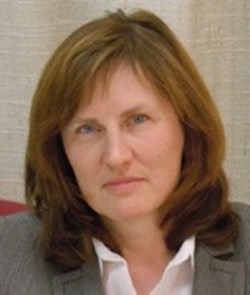Choisissez ce que vous souhaitez recevoir :
Merci de renseigner votre adresse de messagerie électronique :
@
Votre adresse email ne sera utilisée que dans le cadre de campagnes d'information ITER Organization auxquelles vous êtes abonné. ITER Organization ne communiquera jamais votre adresse email et autres informations personnelles à quiconque ou dans le cadre d'informations commerciales.
Si vous changez d'avis, il vous est possible de vous désinscrire en cliquant sur le lien 'unsubscribe' visible dans vos emails provenant d'ITER Organization.
Pour plus d'information, veuillez consulter notre Politique de confidentialité.


